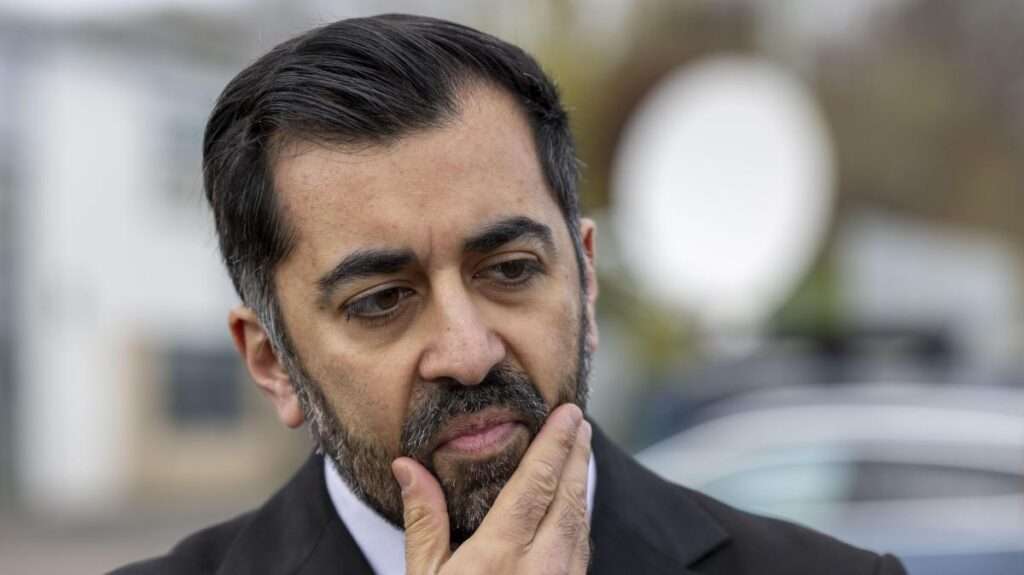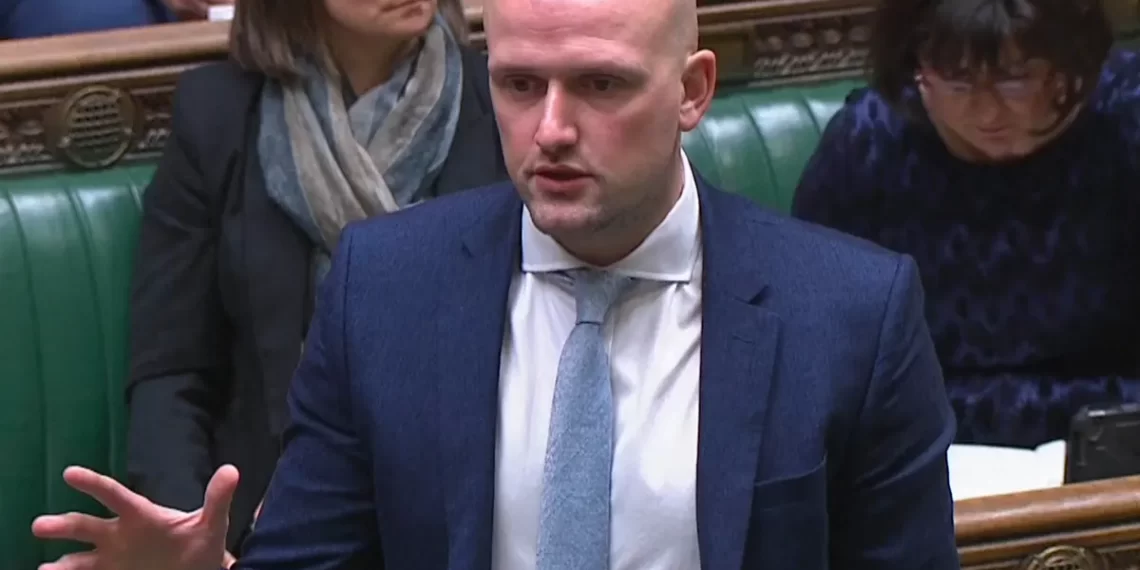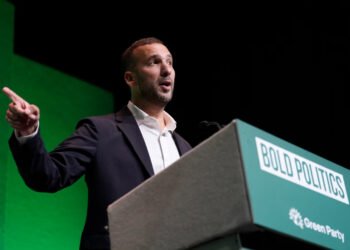The Scottish National Party (SNP) is ramping up pressure for a vote on a Gaza ceasefire this week, which could spell trouble for Speaker Lindsay Hoyle and the Labour Party, especially after last week’s chaotic scenes in the Commons.
Hoyle’s decision to break tradition and allow Labour to table a vote during an SNP debate demanding an immediate Gaza ceasefire stirred controversy, leading to a walkout by Conservative and Scottish Nationalist MPs, and even calls for his resignation.
Stephen Flynn, the SNP’s Westminster leader, asserted the move aims to “refocus the discussion away from the Westminster circus and on to what really matters – doing everything we can to secure an immediate ceasefire in Gaza and Israel.”
Addressing criticisms that the initial motion amounted to mere posturing, Flynn emphasized the party’s intent to compel concrete actions from the UK parliament to achieve an immediate ceasefire.
While indicating openness to consultation with other parties on the motion’s content, the SNP may advocate for diplomatic pressure, including leveraging the UK’s position on the UN Security Council to support a ceasefire, as opposed to previous abstentions.
Moreover, the motion may call for a freeze on arms sales to Israel. By taking this stance, the SNP aims to exert influence and hold parties accountable for their role in the conflict. The motion seeks to address the humanitarian crisis and prevent further loss of innocent lives.
Flynn said, “While the appalling spectacle at Westminster has been deeply unedifying, some progress has been made. Public and SNP pressure has forced the next prime minister, Sir Keir Starmer, into a U-turn – now we need to work together to force the UK government to change its position too.”
Hoyle’s decision to offer an emergency debate under standing order 24 on Thursday, February 22nd—a rare event typically involving a non-binding motion—indicated increased attention to how he handles the SNP’s motion.
In 2019, a similar move by former Speaker John Bercow during Brexit clashes sparked controversy by allowing MPs to take control of the Commons timetable.
The SNP plans to unveil the motion’s specifics, including tangible actions, on Monday, February 26, following discussions with the speaker regarding the debate and vote’s terms.
The Way Forward

The SNP’s motion, echoing its earlier call for an immediate ceasefire, garnered significant attention. Five months passed since the initial plea, with the conflict claiming over 29,000 lives.
For SNP leader Humza Yousaf, this issue carries immense personal resonance. His in-laws were trapped under Israeli bombardment while visiting relatives in Gaza, compelling him to be one of the first senior political voices in the UK to advocate for a cessation of hostilities.
The motion’s impact on the Labour Party looms large. Concerns persist that Labour could face a repeat of last November’s rebellion when 56 MPs rejected Keir Starmer’s cautious stance on a similar SNP motion.
However, recent developments indicate a shift. Scottish Labour unequivocally backed an immediate ceasefire at their conference in Glasgow, prompting Starmer to adjust his position.
A Labour amendment now calls for an “immediate humanitarian ceasefire.” Yet, senior Labour figures accuse the SNP of failing to build consensus, labeling their behavior as “deplorable.”
The SNP’s inclusion of a reference to Israel’s “collective punishment” of Palestinians has made it impossible for other parties to lend their support.
Flynn’s assessment of the situation is candid. While the spectacle at Westminster had been unedifying, progress had been made. The SNP’s pressure had already forced Sir Keir Starmer into a U-turn.
Now, the challenge lies in rallying collective efforts to compel the UK government to reevaluate its position.
READ ALSO: Labour Demands Liz Truss and Lee Anderson’s Conservative Whip Be Stripped





















